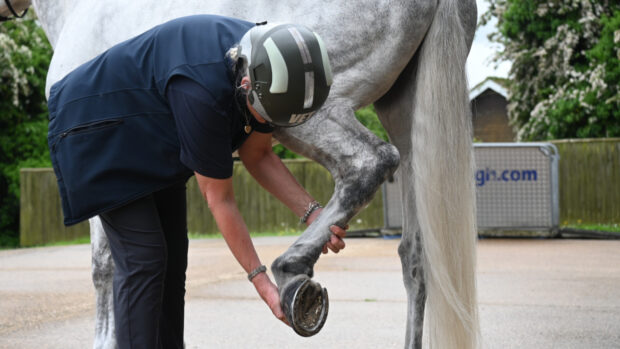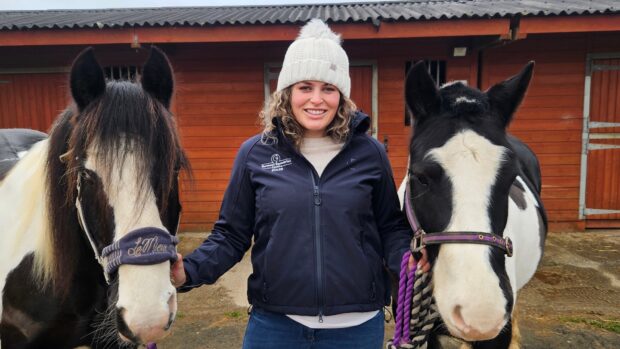Riding school proprietors are being urged to ensure vets who inspect their yards have been trained to do so by the Royal College of Veterinary Surgeons (RCVS).
Under the Riding Establishment Acts 1964 and 1970, schools must be annually inspected by a vet. The RCVS holds a list of vets qualified to carry out inspections and the RCVS/BVA (British Veterinary Association) riding establishments committee wants councils to stick to it.
“Licensing costs are a bone of contention and the vet often gets the blame,” said committee member Ben Mayes. “We are making training compulsory for registered vets and are asking people to put pressure on the councils to only use vets on that register.”
Several riding school proprietors have written to H&H about the cost of their licence and the disparity in checks between vets.
One riding school owner from west Wales told us: “The previous vet used to want to see tack on the horse, but the one we’ve used for the past five years does a veterinary inspection and then looks at the tack. He’s cheaper because it’s less time-consuming,” she said.
But Mr Mayes said horses must be inspected with tack on.
The Association of British Riding Schools (ABRS) has been invited to join the RCVS/BVA riding establishments committee and will pool information with them.
For more information visit: www.rcvs.org.uk/ridingestablishments
This news story was first published in Horse & Hound (10 June, 2010)



